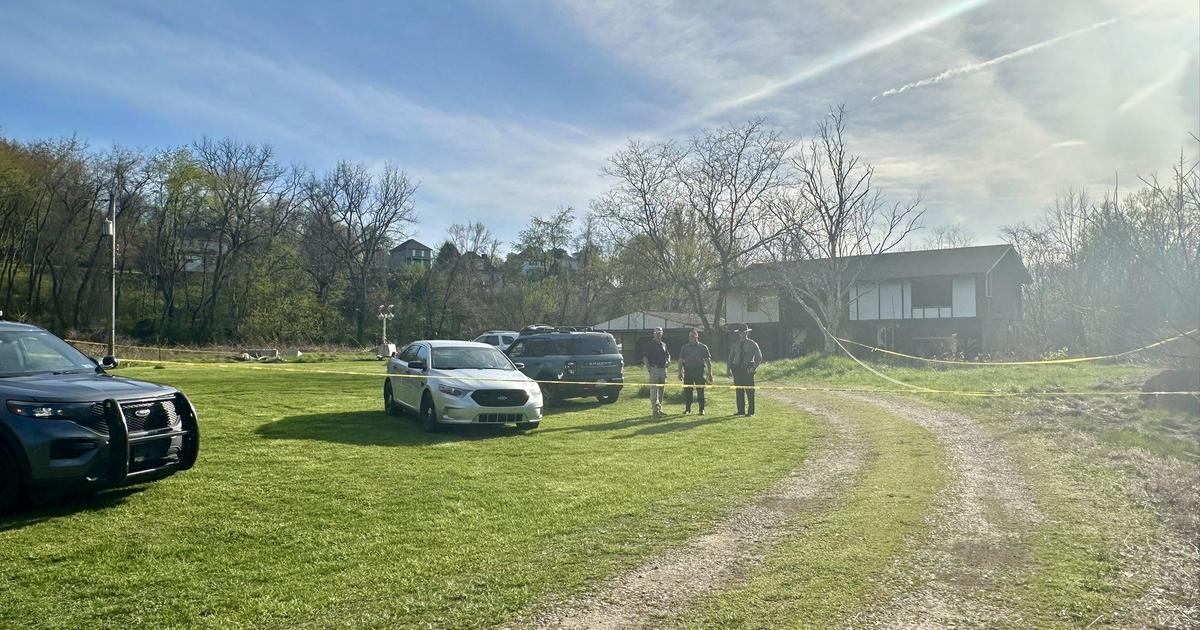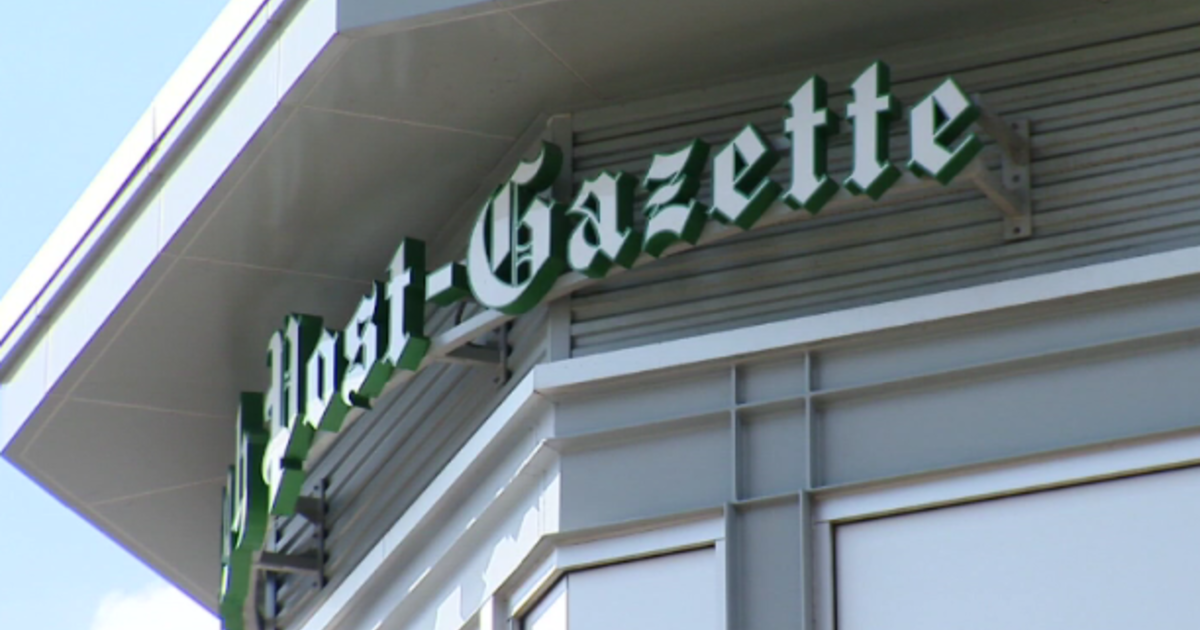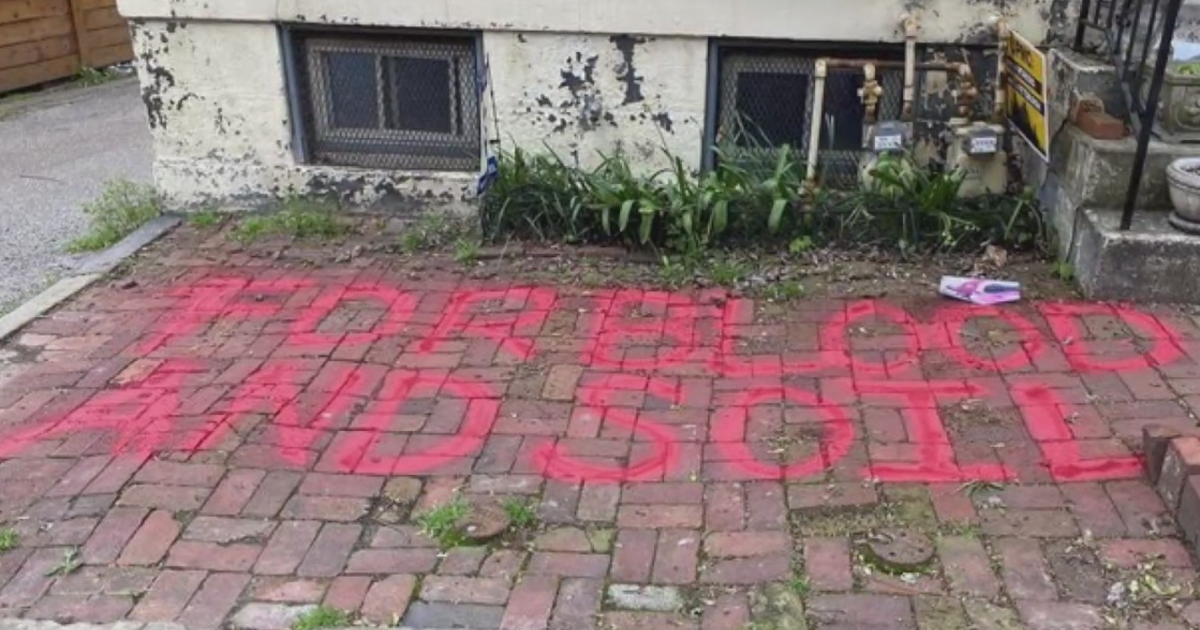Study: More Social Media Use Tied To Increasing Feelings Of Isolation
PITTSBURGH (KDKA) -- A new study suggests that the more time a young adult spends utilizing social media, the more likely they are to feel isolated.
The analysis, led by University of Pittsburgh School of Medicine scientists and published in American Journal of Preventive Medicine, found that use of social media does not reduce perceived social isolation—when a person lacks a sense of social belonging, true engagement with others and fulfilling relationships.
Previously, social isolation has been independently associated with an increased risk for mortality.
"This is an important issue to study because mental health problems and social isolation are at epidemic levels among young adults," said lead author Brian A. Primack, M.D., Ph.D., director of Pitt's Center for Research on Media, Technology and Health, and assistant vice chancellor for health and society in Pitt's Schools of the Health Sciences. "We are inherently social creatures, but modern life tends to compartmentalize us instead of bringing us together. While it may seem that social media presents opportunities to fill that social void, I think this study suggests that it may not be the solution people were hoping for."
Join The Conversation On The KDKA Facebook Page
Stay Up To Date, Follow KDKA On Twitter
For the analysis, researchers sampled 1,787 United States adults ages 19 through 32. They used questionnaires to determine time and frequency of social media use by asking about the 11 most popular social media platforms at the time: Facebook, YouTube, Twitter, Google Plus, Instagram, Snapchat, Reddit, Tumblr, Pinterest, Vine and LinkedIn.
Scientists then measured participants' perceived social isolation using PROMIS, which stands for Patient-Reported Outcomes Measurement Information System. This is a system that evaluates and monitors physical, mental, and social health in adults and children.
Despite researchers controlling for a variety of factors, participants who used social media more than two hours a day had twice the odds for perceived social isolation than peers who spent less than half an hour on social media each day. Even worse, those who visited various social media platforms 58 or more times per week had roughly triple the odds of perceived social isolation than those who visited fewer than nine times per week.
The researchers have several theories for how increased use of social media could fuel feelings of social isolation, including:
- Social media use displaces more authentic social experiences because the more time a person spends online, the less time there is for real-world interactions.
- Certain characteristics of social media facilitate feelings of being excluded, such as when one sees photos of friends having fun at an event to which they were not invited.
- Exposure to highly idealized representations of peers' lives on social media sites may elicit feelings of envy and the distorted belief that others lead happier and more successful lives.
Senior author Elizabeth Miller, M.D., Ph.D., professor of pediatrics at Pitt and chief of the Division of Adolescent and Young Adult Medicine at Children's Hospital of Pittsburgh of UPMC, admits scientists are not sure which came first: social media use or perceived social isolation.
"It's possible that young adults who initially felt socially isolated turned to social media. Or it could be that their increased use of social media somehow led to feeling isolated from the real world. It also could be a combination of both. But even if the social isolation came first, it did not seem to be alleviated by spending time online, even in purportedly social situations," Dr. Miller said.



